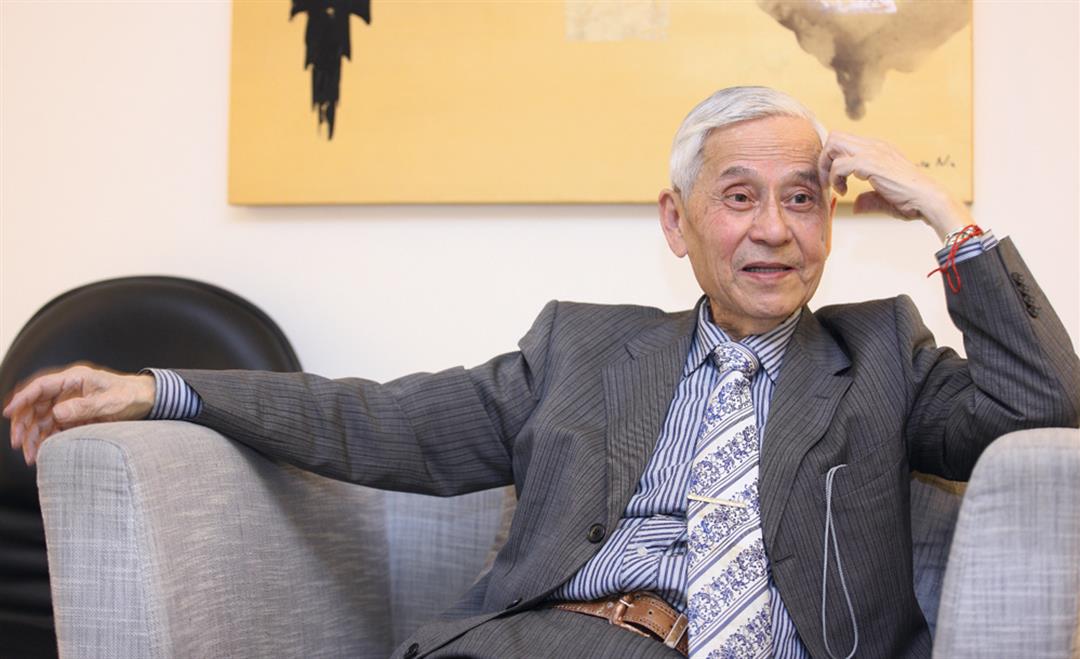Ten types of luminary
Great Master of Literature was coedited by Zheng’s student Ding Shi-xuan. It is divided into ten different groupings: “The Avant Garde,” “Great Patriots,” “Cultural Luminaries,” “Towering Academics,” “Free Spirits,” “Cultural Exemplars,” “Leading Thinkers,” “Towering Scientists,” “Spiritual Leaders,” and “Artistic Stars.” Each of these categories represents a different realm of mastery. The book thus describes the life, times and accomplishments of these 100 leading figures.
Zheng says that over the course of his life, as he read about luminaries and learned from their lives, he accumulated observations about them. After he retired at 75, he had more time to allocate to himself, and he began to write the book, which he targeted at younger readers in the belief that they could learn from the examples of those great masters. He specially selected his young student Ding Shi-xuan as a collaborator to help him compile the book. As for the matter of selecting his subjects, Zheng relied on his wide-ranging knowledge and network of acquaintances. He engaged in repeated brainstorming sessions and discussions. “For instance, for the field of education, I of course held discussions with academics, asking them, ‘In your field, who should we include in this book of 100 masters?’ Focusing on this question, I researched and researched. And after I drew up the list, I made sure that experts in the relevant fields agreed with it.”
After the list was set, the long intensive process of gathering materials began. Zheng explains that a full-length book could have been written about each of these 100 personages. A 4000-word essay can only capture a fragment of these figures’ lives. With concise and accessible prose, the essays are just brief sketches of the great masters’ lives. “For a 4000-word essay, we typically read materials that were at least several dozen times as long. To research Cai Yuanpei, I read more than 400,000 words—and that doesn’t include the audiovisual sources.” Zheng explains that all along the aim was to be “penetrating yet accessible,” since target readers were the young. To get a comprehensive and multifaceted picture of these figures, it was only natural to gather materials broadly. And to be “accessible,” lively and interesting prose and a strong narrative are essential. It’s the only way to capture a younger readership.

Zheng Zhen-ming completed the 400,000-word Great Master of Literature when he was 78.